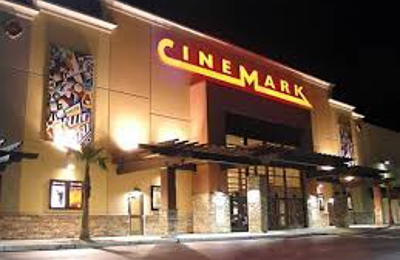
Theaters have long resisted change to the window, fearing that early home releases would eat into box-office sales. The mounting delays have put major financial pressure on theaters.

With key markets closed, studios have pushed the vast majority of their movies into 2021 or beyond to avoid financial losses. The Cinemark deal is the latest sign that the traditional model of releasing movies only in theaters for 74 days before putting them online is eroding during the pandemic that has kept half of the country’s theaters shut.

Similar to AMC’s deal, Cinemark will receive a share of the revenue from the video on demand. Movies that open to more than $50 million at the domestic box office will stay in theaters exclusively for at least five weekends, or 31 days.Īfter that exclusive period, Universal will be able to release the movies on digital platforms for a digital rental of at least $19.99. Under the terms of the deal, all of Universal’s theatrical films will stay in theaters exclusively for at least 17 days after their premiere before they become available on video on-demand services, the companies said. The deal follows a similar agreement in July that Universal made with AMC Theatres, the world’s biggest movie house circuit - a move that drew criticism from other exhibitors.

The Plano, Texas-based exhibitor and the Comcast-owned studio announced a multi-year deal Monday that would give Universal significantly more flexibility in how it releases its films. Cinemark Theatres, the third-largest cinema chain in the U.S., has reached an agreement with Universal Pictures to allow early home video releases for the studio’s movies, marking the latest crack in the traditional theatrical window during the COVID-19 pandemic.


 0 kommentar(er)
0 kommentar(er)
